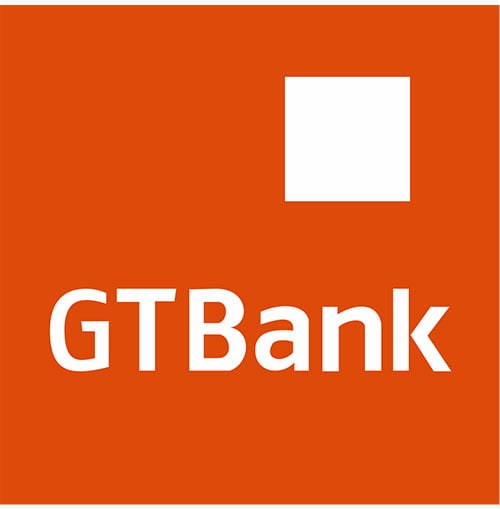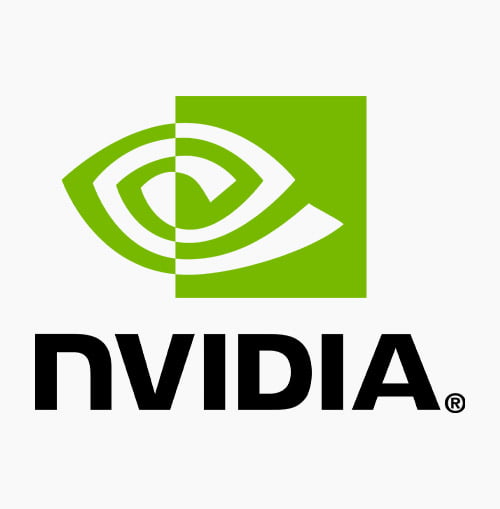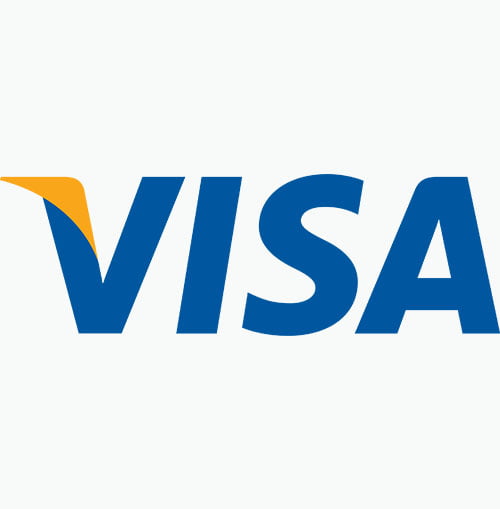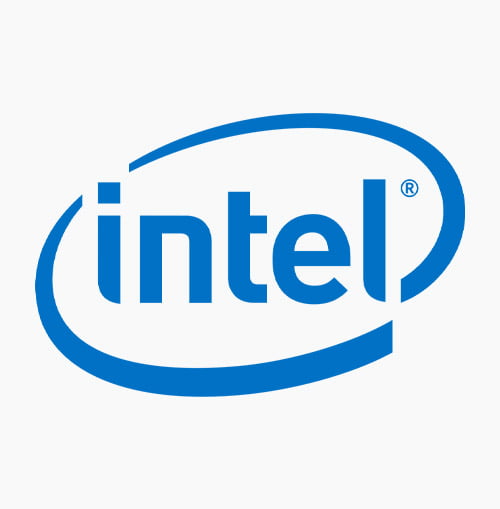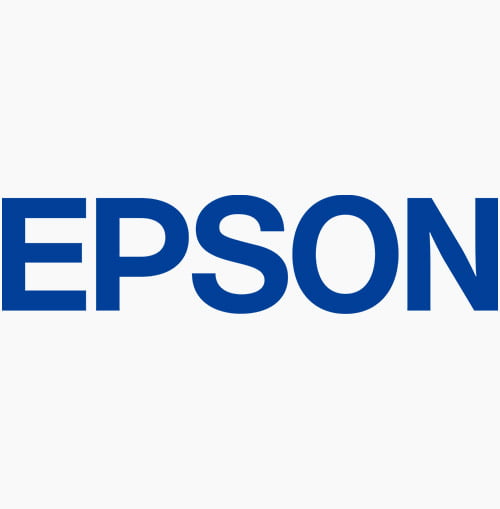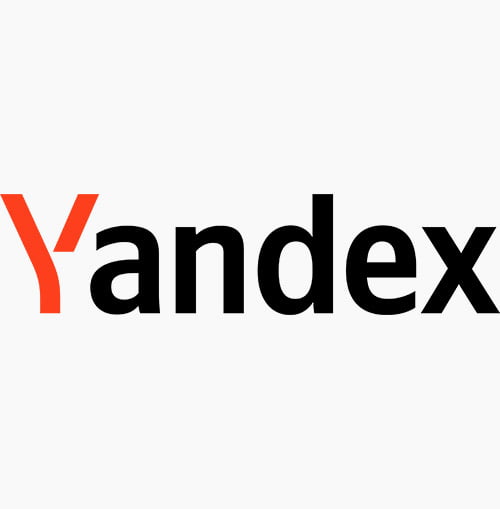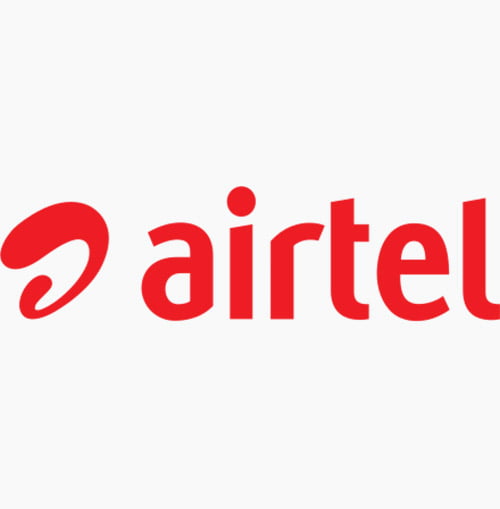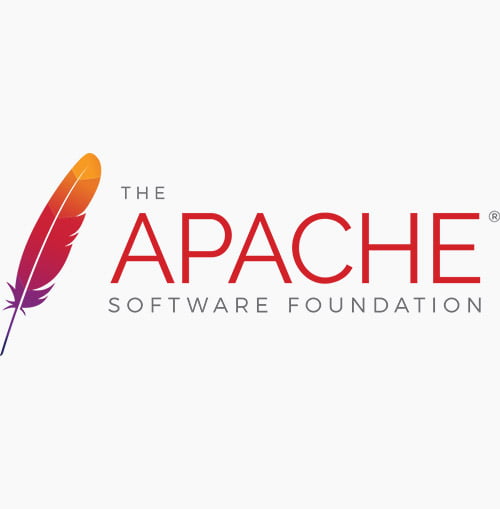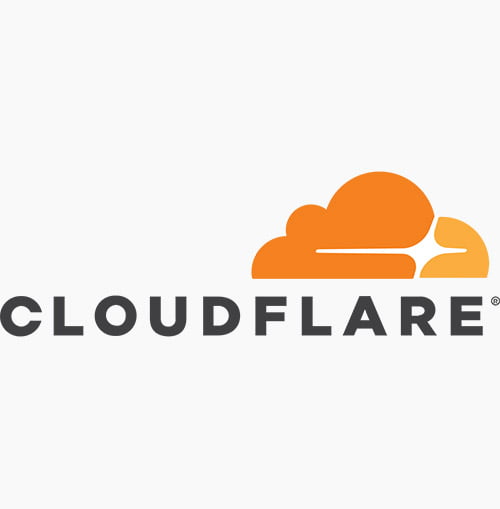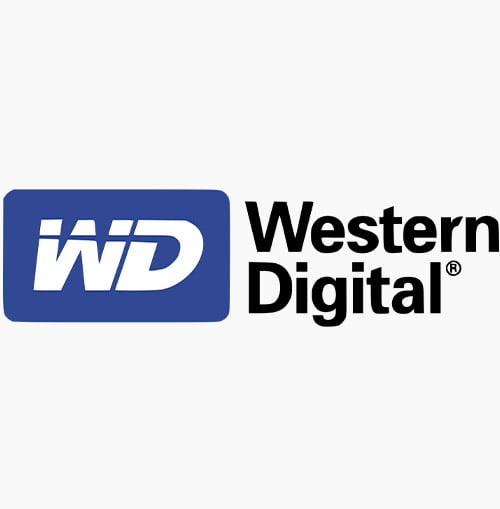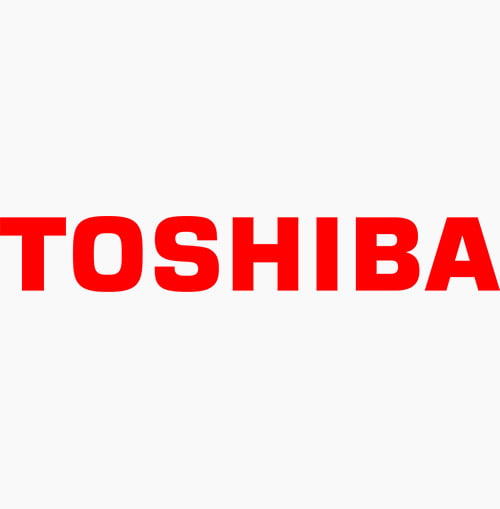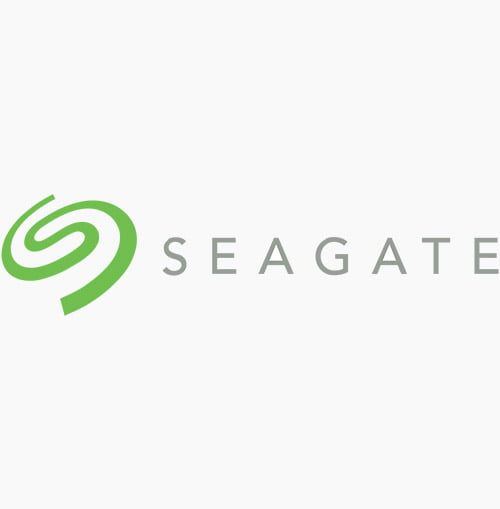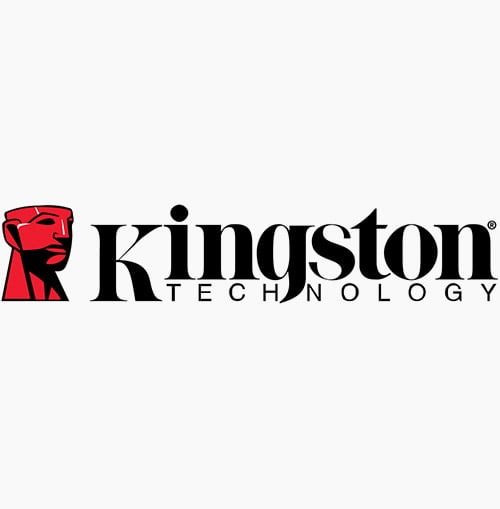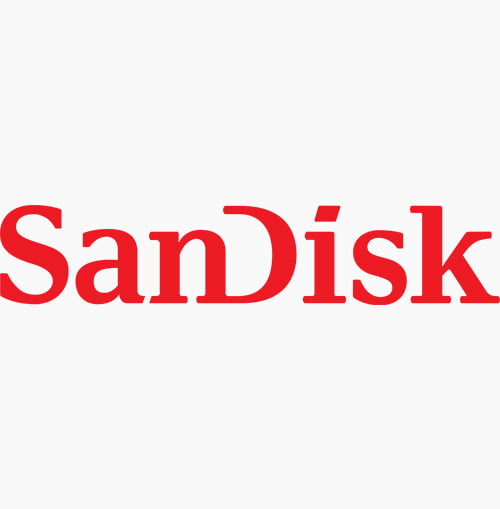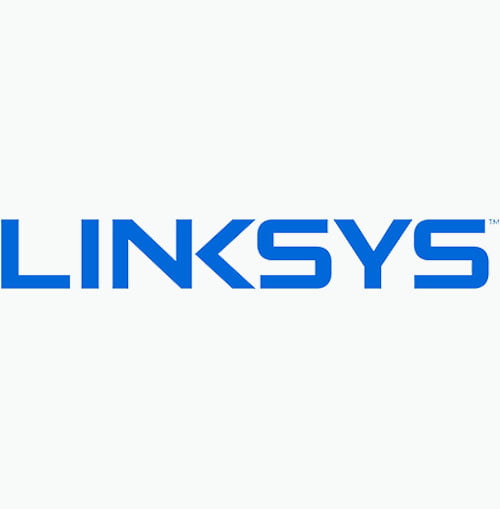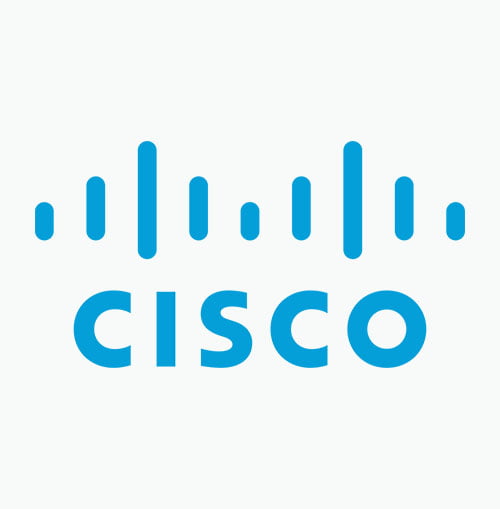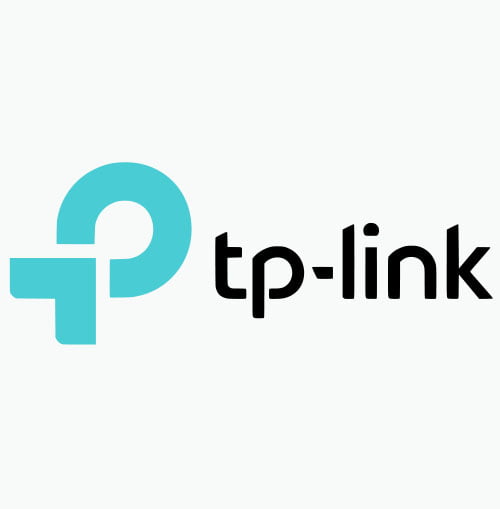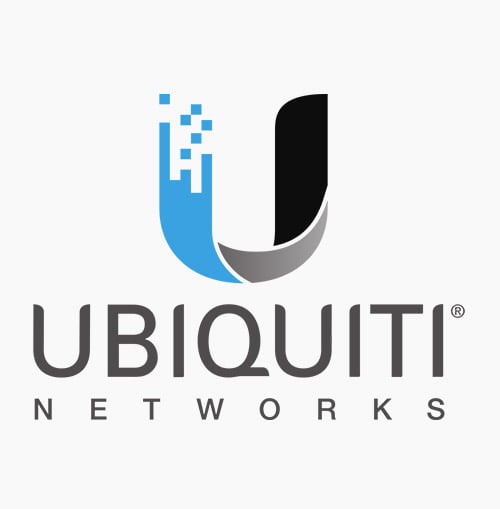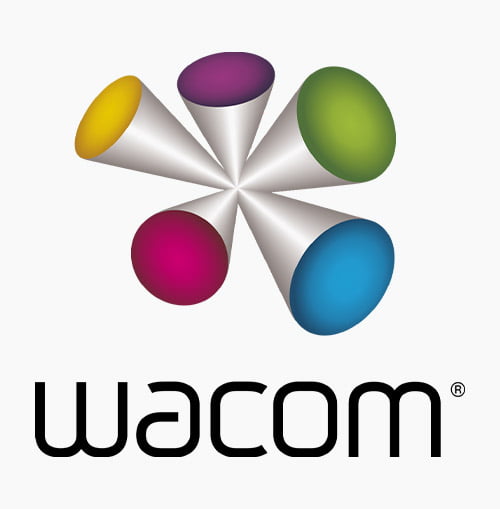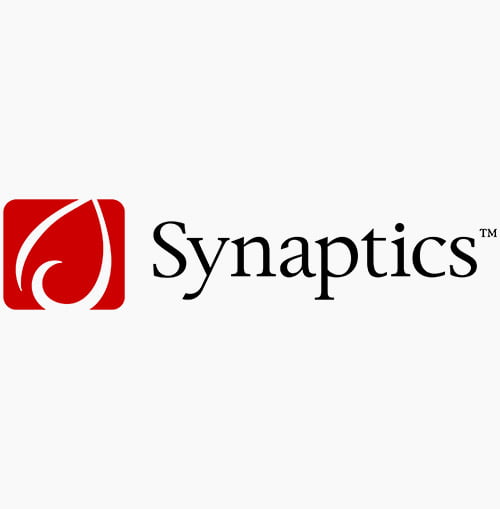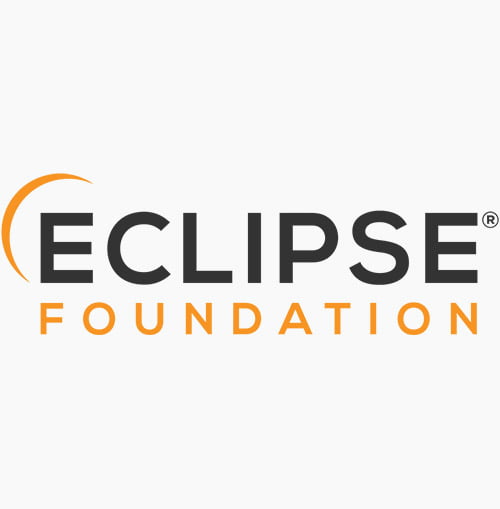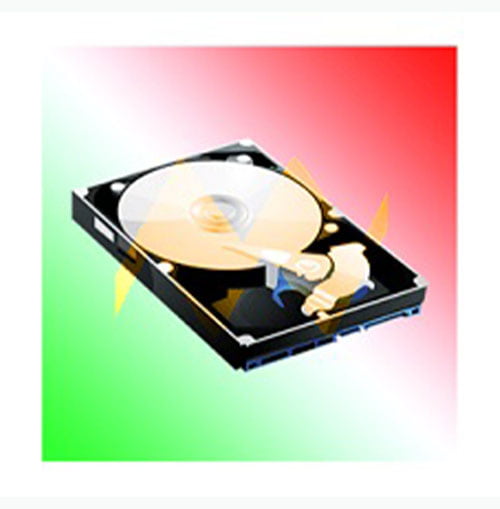1. What is Computer Audit and Forensics?
Computer audit and forensics are specialized services that focus on examining, evaluating, and investigating an organization’s digital infrastructure to identify vulnerabilities, ensure compliance, recover data, and uncover the origins of cyber incidents. While audits are preventive, focusing on system assessments and security practices, forensics focuses on investigating and analyzing data after a cyber event to determine the cause, scope, and impact.
2. Why are Computer Audits and Forensics important for businesses in Kampala?
In Kampala, businesses face unique cybersecurity challenges due to increasing digital adoption and evolving cyber threats. Computer audits and forensics help companies detect vulnerabilities, comply with local data protection laws, mitigate risks, and recover data after incidents. These services also ensure that businesses are prepared to handle incidents efficiently, minimizing damage and financial losses.
3. How do Computer Audits and Forensics differ from regular cybersecurity measures?
While regular cybersecurity measures focus on preventing cyber threats through firewalls, antivirus software, and encryption, computer audits and forensics provide a deeper, investigative approach. Audits assess system vulnerabilities, compliance, and risk management practices, while forensics focuses on investigating breaches and collecting digital evidence to understand and resolve cyber incidents.
4. What types of businesses in Kampala benefit most from these services?
All businesses can benefit from computer audit and forensics services, but those handling sensitive data (such as financial institutions, healthcare providers, and government entities) or those subject to strict regulations (like GDPR) particularly benefit. These services are crucial for any business looking to safeguard its digital infrastructure and protect its reputation.
5. Is Computer Audit and Forensics only for large enterprises, or can small businesses benefit too?
Both large enterprises and small businesses in Kampala can benefit from these services. While small businesses may have fewer resources and digital assets, they are still targets for cyberattacks. Regular audits and forensics services help smaller businesses mitigate risk and comply with local regulations, ensuring long-term security and operational continuity.
6. How often should businesses in Kampala conduct Computer Audits?
Businesses should conduct computer audits at least annually, or more frequently if there are significant changes to their IT infrastructure or if they experience a cyber incident. Regular audits help identify vulnerabilities before attackers exploit them, ensuring that your cybersecurity measures remain effective.
7. What is the role of regulatory compliance in Computer Audit and Forensics?
Regulatory compliance ensures that businesses follow legal standards and data protection laws, such as the Uganda Data Protection and Privacy Act or international laws like GDPR. Computer audits assess whether your organization complies with these regulations, while forensics helps gather evidence to prove compliance during legal investigations.
8. Can Computer Audit and Forensics Services prevent all cyber threats?
While these services significantly improve your cybersecurity posture, no system can guarantee 100% protection against cyber threats. Computer audits help identify vulnerabilities, and forensics help investigate breaches after they occur. Together, they form a proactive and reactive strategy that minimizes risk and damage.
9. How do you conduct a Computer Audit for businesses in Kampala?
A computer audit begins with identifying your IT infrastructure, reviewing policies, and assessing systems for security weaknesses. This includes evaluating firewalls, encryption, access controls, software configurations, and compliance with legal and regulatory standards. Auditors will also interview staff and review data protection practices.
10. What tools and technologies are used in Computer Forensics?
Forensic professionals use a variety of specialized tools, including EnCase, FTK Imager, and X1 Social Discovery, to collect, preserve, and analyze digital evidence. These tools allow experts to recover deleted data, examine network logs, and trace activities on devices to uncover the origin and impact of a security incident.
11. Can Computer Audit and Forensics Services recover deleted data?
Yes, forensic professionals can often recover deleted data, even from damaged or wiped devices. This is crucial for investigating cyber incidents and understanding what data was lost or compromised. The recovery process involves using specialized software and techniques to reconstruct files from digital remnants.
12. What types of incidents are investigated through Computer Forensics?
Computer forensics investigates incidents such as data breaches, cyberattacks, fraud, intellectual property theft, unauthorized access, and insider threats. It involves examining digital evidence to understand how and why the incident occurred, as well as determining the scope and impact on the business.
13. How long does a typical Computer Audit and Forensics engagement take?
The duration of an engagement depends on the complexity and scope of the audit or forensic investigation. A basic audit may take a few days to a week, while a detailed forensic investigation can take several weeks or more, especially if the incident is complex or the digital evidence is scattered across multiple systems.
14. Do you provide ongoing monitoring services after the initial audit?
Yes, many companies offer ongoing monitoring services as part of a comprehensive cybersecurity package. Continuous monitoring helps detect and respond to threats in real-time, providing an additional layer of protection after the initial audit and forensic analysis.
15. What are common security vulnerabilities in Kampala businesses?
Common vulnerabilities include outdated software and unpatched systems, weak passwords, lack of employee awareness, insufficient data encryption, and unsecured third-party applications. Businesses in Kampala also face risks from social engineering attacks and phishing scams.
16. How can Computer Audit and Forensics Services protect against ransomware?
Computer audits assess existing defenses against ransomware, identifying weaknesses in data backup systems, endpoint protection, and network security. Forensics services help investigate ransomware attacks, recover encrypted data (if possible), and analyze how the malware was introduced to the system.
17. What measures are taken to prevent insider threats?
Preventing insider threats involves implementing strict access controls, monitoring employee activities, and conducting regular audits. Training employees on security best practices and creating a clear reporting protocol for suspicious activities can also help mitigate insider threats.
18. Are there industry-specific vulnerabilities addressed in these services?
Yes, computer audits and forensics can address vulnerabilities specific to various industries. For example, healthcare organizations face threats related to patient data breaches, while financial institutions deal with threats related to fraud and transaction manipulation. Tailored audits ensure that industry-specific risks are identified and addressed.
19. Can these services identify weaknesses in third-party vendor security?
Yes, part of a comprehensive audit includes evaluating the security measures of third-party vendors who have access to your systems or data. This ensures that your external partners are complying with security standards and are not introducing vulnerabilities into your business network.
20. How does Computer Forensics support legal proceedings?
Forensic experts can provide digital evidence that may be used in court during legal proceedings. This includes logs, emails, file records, and recovered data that can help prove the cause of an incident, the extent of data loss, and any violations of regulations or laws.
21. What are the legal implications of not conducting Computer Audits?
Failing to conduct regular computer audits can expose your business to legal risks, such as non-compliance with data protection laws and increased vulnerability to cyberattacks. In the event of a breach, not having an audit trail or clear cybersecurity policies could result in hefty fines or legal action.
22. Do Computer Audit and Forensics Services help with GDPR compliance?
Yes, computer audits ensure that businesses comply with GDPR by assessing data protection practices, security controls, and access management. Forensics services help gather evidence in the event of a data breach, supporting the business in its response and reporting to authorities.
23. Can the findings from these services be used in court?
Yes, the findings from computer audit and forensic investigations are often used as evidence in court. Forensic experts follow strict protocols to ensure the integrity of the evidence, which can be crucial for proving liability or negligence in a legal dispute.
24. What is the typical process for initiating Computer Audit and Forensics Services?
The process typically starts with a consultation to understand your business’s needs. This is followed by a risk assessment, where auditors identify potential vulnerabilities. If a breach is suspected, forensic experts investigate the incident, recover data, and help implement preventive measures.
25. How often should businesses update their Computer Audit and Forensics policies?
Businesses should update their audit and forensics policies regularly, especially after significant changes to their IT infrastructure or after a cyber incident. It’s also important to align policies with the latest regulatory requirements and evolving cybersecurity threats.
26. What role does employee training play in the success of these services?
Employee training is crucial for preventing cyber threats. Well-trained employees are less likely to fall victim to phishing scams or unknowingly contribute to security breaches. Regular training ensures that employees are aware of best practices and are proactive in maintaining a secure digital environment.
27. How is evidence handled during a digital forensic investigation?
Digital evidence must be handled carefully to ensure its integrity. This involves using proper collection, preservation, and documentation procedures. Forensic experts ensure that evidence is not altered or corrupted during the investigation, adhering to legal standards for admissibility in court.
28. Can businesses in Kampala outsource Computer Audit and Forensics Services?
Yes, businesses can outsource these services to specialized firms with expertise in cybersecurity, audits, and forensics. Outsourcing allows businesses to benefit from expert knowledge, advanced tools, and unbiased assessments without the need to maintain in-house specialists.
29. How quickly can Computer Audit and Forensics Services detect a security breach?
The speed of detection depends on the complexity of the attack and the monitoring tools in place. With advanced monitoring systems, breaches can often be detected in real-time. Forensic investigations may take longer to determine the full scope of an attack.
30. What types of threats can be identified through these services?
These services can identify a wide range of threats, including malware, ransomware, phishing attacks, data breaches, insider threats, and unauthorized access. Audits also look for vulnerabilities that could lead to future attacks, such as outdated software or misconfigured security settings.
31. Are there specific indicators of compromise that are monitored?
Yes, during computer audits and forensics investigations, indicators of compromise (IOCs) are closely monitored. These IOCs include unusual network traffic, failed login attempts, unexpected file modifications, malware signatures, and the presence of malicious files or scripts. Detecting these signs early helps to identify potential security incidents before they escalate.
32. How is the cost of Computer Audit and Forensics Services determined?
The cost typically depends on the size of the organization, the scope of the audit or forensic investigation, and the complexity of the systems involved. Factors like the number of devices to be audited, the extent of the breach, the tools required for the investigation, and the amount of data to be recovered all influence pricing. Custom solutions for large enterprises or specialized industries may also be more expensive.
33. Are there cost-effective solutions for small businesses in Kampala?
Yes, many service providers offer scalable and cost-effective solutions tailored for small businesses. These can include simplified audits, basic forensic investigations, or packaged services that focus on essential cybersecurity protections. Small businesses can also consider periodic audits rather than continuous, high-end forensic services to balance cost with security.
34. What is the return on investment for these services?
The return on investment (ROI) of computer audit and forensics services comes from minimizing risks and damages related to cyber incidents. The cost of prevention (through audits) is often far lower than the potential cost of a data breach, loss of reputation, or legal consequences. Forensic investigations can also help recover valuable data and prevent further attacks, making the overall investment worthwhile.
35. Can Computer Forensics recover data from encrypted devices?
Recovering data from encrypted devices can be challenging, but not impossible. Forensic professionals can attempt to recover encryption keys or utilize vulnerabilities in encryption algorithms to access the data. However, the success of data recovery depends on the type and strength of encryption used, and in some cases, it may not be possible to access encrypted data without the necessary decryption keys.
36. How successful is data recovery in the event of a cybersecurity incident?
Data recovery success varies depending on the nature of the incident. If data was deleted or corrupted, forensics specialists often have high success rates using advanced recovery tools. However, if data was encrypted by ransomware or deliberately destroyed (e.g., via disk wiping), recovery might be more difficult or even impossible. A proper backup strategy is key to ensuring data availability in such cases.
37. What measures are in place to prevent data loss during the recovery process?
Forensic professionals follow strict procedures to ensure that no further data is lost during recovery. This includes creating duplicates or “forensic copies” of data, working with original evidence in a controlled environment, and avoiding any changes to the data while investigating. Secure methods of data restoration and verification also minimize the risk of further loss.
38. Do you provide training sessions for employees on cybersecurity best practices?
Yes, many providers of computer audit and forensics services also offer employee training. These sessions cover topics such as recognizing phishing attacks, strong password practices, secure use of devices, and maintaining privacy. Regular training ensures that employees stay aware of the latest threats and reduce the chances of a successful cyberattack.
39. How can businesses in Kampala create a culture of cybersecurity awareness?
Creating a culture of cybersecurity awareness begins with leadership. Businesses should promote cybersecurity as a priority, provide regular training, establish clear policies, and encourage employees to report suspicious activities. Recognizing and rewarding good cybersecurity practices can also help integrate a security-conscious mindset throughout the organization.
40. Are there ongoing training programs available?
Yes, many computer audit and forensics service providers offer ongoing training programs to businesses. These programs can be periodic (e.g., quarterly or annually) and cover evolving cybersecurity threats, new best practices, and the latest tools. Continuing education helps businesses keep pace with emerging threats and maintain a strong security posture.
41. What steps should businesses take in the event of a security incident?
In the event of a security incident, businesses should:
Contain the breach by isolating affected systems.
Notify relevant stakeholders, including internal teams and external partners.
Assess the scope of the breach through forensic investigation.
Recover data and ensure systems are secure before resuming operations.
Report the breach to regulators, if required by law, and implement preventive measures.
A quick and structured response helps mitigate the impact of the breach.
42. Is there a specific protocol for reporting potential security threats?
Yes, businesses should establish a clear protocol for reporting security threats. Employees should immediately notify the IT department or a designated security officer if they encounter suspicious emails, unfamiliar device activity, or other potential security risks. Having a structured escalation process helps ensure rapid response and reduces the potential damage from a cyberattack.
43. Can Computer Audit and Forensics Services identify zero-day vulnerabilities?
Yes, while computer audits can identify known vulnerabilities, forensics services may also be able to detect zero-day vulnerabilities—those that are previously unknown to security professionals. A thorough audit and monitoring program may detect unusual behavior or exploits that could be associated with zero-day attacks.
44. How is malware detected and removed during a forensic investigation?
Malware detection and removal during forensic investigations involve a combination of network analysis, file system scanning, and behavioral analysis. Forensic experts use specialized tools to identify malware signatures, trace its activity on the network, and isolate or remove the infection. They also analyze the impact of the malware on the system, helping prevent future infections.
45. Can these services recover data from damaged hardware?
Yes, data recovery from damaged hardware is often part of computer forensics services. Forensic professionals can work with damaged hard drives, flash drives, and other storage devices using advanced recovery techniques. The success of the recovery depends on the extent of the physical damage and the data preservation techniques employed.
46. Are there specialized Computer Audit and Forensics solutions for financial institutions in Kampala?
Yes, financial institutions have specific cybersecurity needs due to the sensitivity of their data. Specialized audits and forensics services for financial institutions in Kampala include evaluating transaction security, detecting fraudulent activities, ensuring compliance with financial regulations, and protecting against financial fraud.
47. How do these services cater to the unique needs of healthcare organizations?
Healthcare organizations face strict regulations such as HIPAA (Health Insurance Portability and Accountability Act) and Uganda’s data protection laws. Computer audit and forensics services for healthcare address the protection of patient data, securing electronic health records (EHRs), and ensuring compliance with privacy regulations. They also investigate data breaches involving patient information and help restore affected systems.
48. Are there compliance considerations for government institutions?
Yes, government institutions in Kampala must comply with strict data protection laws, national security policies, and international standards. Computer audits and forensics services help ensure that government systems are secure, meet compliance requirements, and are prepared to respond effectively to any security incidents.
49. How often should businesses update their cybersecurity policies based on audit findings?
Cybersecurity policies should be updated annually or whenever new risks or vulnerabilities are identified through an audit. After an incident or breach, businesses should review their policies to ensure that any weaknesses are addressed, and any new threats are mitigated. Continuous improvement is key to maintaining a strong security posture.
50. What measures are in place for continuous improvement in cybersecurity?
Continuous improvement in cybersecurity involves regularly updating systems, conducting periodic audits, reviewing and refining security policies, and staying informed about emerging threats. Organizations can also implement a feedback loop where audit findings and incident responses are used to strengthen their defenses over time.
51. Can businesses outsource their entire Computer Audit and Forensics functions?
Yes, businesses can fully outsource their computer audit and forensics functions to specialized service providers. Outsourcing allows businesses to leverage external expertise, advanced tools, and up-to-date knowledge of cybersecurity trends, ensuring that all audit and forensic needs are effectively addressed without the need for in-house specialists.
52. What security measures are in place when outsourcing these services?
When outsourcing, businesses should ensure that the service provider follows strict security protocols to protect sensitive data. This includes using secure channels for data transmission, implementing confidentiality agreements, and ensuring that the provider adheres to relevant security certifications (e.g., ISO 27001). Regular audits of the provider’s processes also help ensure compliance and security.
53. What forensic tools are commonly used in Computer Forensics?
Commonly used forensic tools include:
EnCase: A powerful tool for data recovery, evidence collection, and analysis.
FTK (Forensic Toolkit): Used for deep file and data recovery, as well as investigation.
X1 Social Discovery: A tool specialized in investigating social media and internet-based communications.
Autopsy: Open-source forensic software used for file system analysis and recovery. These tools help forensic professionals recover and analyze data, providing critical evidence in case of a breach.
54. How does technology contribute to the efficiency of Computer Audit and Forensics Services?
Advanced technologies play a critical role in enhancing the efficiency and effectiveness of computer audit and forensics services. Automated scanning tools, AI-driven anomaly detection systems, and machine learning algorithms can quickly identify threats or anomalies that might otherwise take hours or days to uncover manually. Technologies such as data recovery software, network monitoring tools, and encryption-breaking algorithms also enable faster response times and more accurate investigations.
55. Can businesses in Kampala request specific tools to be used?
Yes, businesses can request specific tools or methods to be used in their computer audit or forensic investigation, depending on their needs or the nature of their digital infrastructure. For example, some businesses may require specialized tools for network traffic analysis, while others may need tools focused on mobile device forensics or cloud-based investigations. Service providers typically offer a range of tools and are willing to tailor their approach to meet specific requirements.
56. How are employees involved in the Computer Audit and Forensics process?
Employees play an important role in the process, particularly in the early stages of computer audits. They may be asked to provide access to systems, answer questions about company protocols, or help identify potential areas of concern. In the event of a forensic investigation, employees may also be interviewed to gather insights about the incident. However, the forensic process itself is usually handled by specialized professionals to ensure the integrity of the investigation.
57. What role does employee negligence play in cybersecurity incidents?
Employee negligence is one of the leading causes of cybersecurity incidents. This can include poor password practices, clicking on phishing links, or failing to follow security protocols. Computer audit and forensics services can help identify whether negligence played a role in a breach, and they can provide training or recommendations to mitigate the risk of such issues in the future. Reducing human error through employee education is a crucial aspect of cybersecurity.
58. How do these services ensure compliance with Uganda’s Data Protection and Privacy Laws?
Compliance with Uganda’s Data Protection and Privacy Laws (e.g., the Data Protection and Privacy Act, 2019) is ensured through audits that examine how data is collected, stored, processed, and shared. Forensic services may also investigate any breaches of personal data, determine how the data was compromised, and ensure that corrective measures are taken. By aligning audit practices with legal requirements, businesses can ensure they avoid penalties and maintain the trust of their customers.
59. Are there international standards that businesses in Kampala need to adhere to?
Yes, businesses in Kampala must be aware of international cybersecurity standards and frameworks to maintain robust security practices and ensure compliance. These include:
ISO/IEC 27001: Information Security Management Systems (ISMS) standards.
GDPR: For businesses handling data of European Union citizens.
NIST Cybersecurity Framework: For establishing security controls. Adhering to these standards can help ensure a global level of cybersecurity and reduce the risk of international data breaches.
60. How can businesses collaborate with law enforcement during a cybersecurity investigation?
Collaboration with law enforcement is often necessary in cases involving serious cybercrimes or when the forensic investigation uncovers evidence of criminal activity. Businesses in Kampala can cooperate by sharing digital evidence, identifying suspects, and following appropriate legal procedures for data preservation. Legal and forensic experts will guide businesses on how to work with law enforcement while ensuring that digital evidence is handled correctly and within the bounds of the law.
61. Is there collaboration between businesses in Kampala for threat intelligence sharing?
Yes, there are various cybersecurity forums and networks that encourage businesses to share threat intelligence. While some businesses may collaborate directly through industry associations, others may rely on international platforms like Information Sharing and Analysis Centers (ISACs) or government-led initiatives. Sharing threat intelligence allows businesses to identify new and emerging threats, patch vulnerabilities faster, and protect their operations more effectively.
62. How do Computer Audit and Forensics Services address security concerns related to cloud computing?
Cloud computing introduces new challenges to cybersecurity, such as multi-tenancy risks, insecure APIs, and inadequate data protection. Computer audits assess cloud security configurations, identify potential vulnerabilities, and ensure that data stored in the cloud is protected. Forensics services can help investigate breaches related to cloud environments, determine how the breach occurred, and recover compromised data. It’s crucial to implement proper security protocols and ensure that cloud providers follow best practices in security.
63. Are there specific challenges for businesses in Kampala using cloud services?
Businesses in Kampala may face challenges such as a lack of awareness regarding the shared responsibility model in cloud services, which divides security tasks between the cloud provider and the client. Other challenges include insufficient encryption, weak access controls, and data sovereignty issues. Computer audit services can help identify weaknesses in cloud security, while forensic services investigate cloud breaches to mitigate risks.
64. How are mobile devices included in Computer Audit and Forensics Services?
Mobile devices are a critical part of modern business infrastructure but are often vulnerable to security breaches. Computer audit services review mobile device management policies, assess whether the devices are adequately protected (e.g., with encryption and multi-factor authentication), and ensure that secure access protocols are in place. Forensic services can also recover data from compromised or damaged mobile devices, uncover unauthorized access, and analyze data relevant to an investigation.
65. Can these services recover data from mobile devices?
Yes, forensic services can recover data from mobile devices, including smartphones and tablets. Whether the data has been deleted, encrypted, or corrupted, forensic experts can use specialized tools and techniques to extract and restore critical information. However, the success of data recovery depends on factors like the device’s operating system, the severity of damage, and whether encryption or data protection measures were applied.
66. How are authentication and access controls audited and enforced?
During a computer audit, authentication and access control mechanisms are evaluated to ensure that only authorized users can access sensitive systems and data. This includes reviewing password policies, multi-factor authentication (MFA) implementation, and user permission levels. The audit also examines whether access control lists (ACLs) and security protocols are correctly configured and enforced. Any weaknesses in these areas are flagged for improvement to reduce the risk of unauthorized access.
67. Can these services prevent unauthorized access to sensitive data?
While computer audit and forensics services cannot actively prevent unauthorized access in real time, they can identify vulnerabilities that allow unauthorized access. Audits help identify weak passwords, poorly configured access controls, or outdated security protocols, which can then be addressed through security improvements. Additionally, forensics services can investigate instances of unauthorized access after they occur to help understand how breaches happened and prevent future incidents.
68. How do these services contribute to the overall business continuity of organizations?
Computer audits and forensics play a key role in ensuring business continuity by identifying and addressing cybersecurity risks that could disrupt operations. Audits help businesses ensure their digital infrastructure is secure, while forensic services provide valuable insights into how security incidents affect business operations. By reducing vulnerabilities and improving response times to incidents, these services help minimize downtime and maintain continuous business operations.
69. Are there specific measures to prevent disruptions in critical business processes?
Yes, businesses can implement continuity planning and disaster recovery strategies based on the findings of computer audits. Forensic services can identify weaknesses in backup systems or assess whether incident response plans are sufficient. Additionally, continuous monitoring can help detect anomalies early, preventing disruptions before they impact critical business processes.
70. How does having cyber insurance impact the need for Computer Audit and Forensics Services?
Cyber insurance can help mitigate the financial losses associated with a cybersecurity breach, but it does not replace the need for audits and forensics services. While insurance may cover some costs related to recovery and legal fees, businesses still need proactive audits to prevent breaches and forensic investigations to identify the cause and scope of an attack. Having insurance may also be a requirement for businesses to undergo regular audits and maintain strong cybersecurity practices.
71. Can these services assist in the documentation required for cyber insurance claims?
Yes, forensic investigations can provide the necessary documentation and evidence required for cyber insurance claims. This can include detailed reports on the breach, evidence of data loss or damage, timelines of events, and steps taken to mitigate the impact. Proper documentation from a forensic investigation can help businesses maximize their claims and ensure they meet the insurer’s requirements.
72. How do emerging cybersecurity threats impact the services provided?
Emerging threats, such as new malware variants, ransomware tactics, and advanced persistent threats (APTs), require continuous adaptation of computer audit and forensics services. Providers need to stay up-to-date with the latest cybersecurity trends and adjust their tools, methodologies, and incident response plans to counter these evolving risks. For example, AI and machine learning have become essential tools in identifying and preventing new forms of cybercrime.
73. Are there new technologies incorporated into Computer Audit and Forensics Services?
Yes, the field of computer forensics is continually evolving with the development of new technologies. These include advanced data recovery techniques, artificial intelligence (AI) for anomaly detection, machine learning for predictive threat analysis, and blockchain forensically tracking cryptocurrency transactions. Service providers are adopting these technologies to improve the speed, accuracy, and thoroughness of their audits and investigations.
74. How are network security protocols audited and maintained?
Network security protocols are audited by reviewing and testing the configurations of firewalls, intrusion detection/prevention systems (IDS/IPS), encryption methods, and access control mechanisms. Auditors assess whether best practices such as network segmentation, secure VPNs, and strong encryption protocols are in place. Regular maintenance includes applying patches, updating configurations, and monitoring network traffic for anomalies. By keeping these protocols up to date, businesses can significantly reduce their exposure to cyber threats.
75. Can these services detect and prevent man-in-the-middle attacks?
Yes, computer audit and forensics services can detect vulnerabilities that could expose a business to man-in-the-middle (MITM) attacks. During an audit, network traffic is analyzed to ensure that communications are encrypted properly (e.g., via SSL/TLS) and that no unauthorized intermediaries can intercept data. Forensic investigations can help determine if a MITM attack has already occurred, recovering evidence of intercepted data, and analyzing how the breach unfolded. Preventive measures like encryption, secure connections, and the use of VPNs can be implemented to block such attacks.
76. How do these services address security concerns related to IoT devices?
The Internet of Things (IoT) presents unique cybersecurity challenges due to the large number of connected devices and the potential vulnerabilities they introduce. During a computer audit, the security configurations of IoT devices, such as smart cameras, wearables, and sensors, are assessed to ensure they are properly secured. Forensics experts can also investigate any breaches involving IoT devices to uncover how they were compromised, track the movement of data, and identify the source of the attack. Preventive measures include updating firmware, using secure protocols, and regularly monitoring IoT networks for anomalies.
77. Can IoT devices be a source of digital evidence in forensic investigations?
Yes, IoT devices can serve as valuable sources of digital evidence in forensic investigations. Devices like smart home equipment, wearables, and industrial sensors collect vast amounts of data that can provide insights into user activity, system behavior, or even the timeline of a cyber attack. For example, data logs from an IoT device may show when an unauthorized user gained access to the network or track suspicious activities in real time. Forensic teams utilize specialized tools to extract and preserve data from these devices to support investigations.
78. Can Computer Audit and Forensics Services protect against social engineering attacks?
While computer audit and forensics services primarily focus on technical security measures, they can play an important role in identifying vulnerabilities that may make a business more susceptible to social engineering attacks. Audits assess how employee behaviors (e.g., clicking on phishing links or poor password management) may open the door for social engineering. Additionally, forensics can investigate the aftermath of a social engineering attack, track the methods used, and identify how the attacker gained access. Businesses can implement preventive measures such as employee training on phishing detection and creating strict access controls to reduce the likelihood of such attacks.
79. How is employee awareness training implemented to prevent social engineering incidents?
Employee awareness training focuses on educating staff about common social engineering tactics such as phishing, pretexting, and baiting. This training teaches employees how to recognize suspicious emails, phone calls, or messages that may be attempts to manipulate them into divulging sensitive information or granting unauthorized access. It often includes simulated phishing attacks to test employee vigilance. By fostering a culture of cybersecurity awareness, businesses can reduce the likelihood of successful social engineering attacks.
80. How is threat intelligence gathered and utilized in these services?
Threat intelligence is gathered from a variety of sources, including security research reports, industry threat feeds, government advisories, and internal monitoring systems. This information helps businesses stay informed about emerging threats and tactics used by cybercriminals. During a computer audit, threat intelligence is used to update security policies, identify vulnerabilities that may be targeted by specific threats, and strengthen defense mechanisms. Forensics teams also use threat intelligence to analyze attack patterns, determine the nature of a breach, and develop strategies to prevent future incidents.
81. Are there specific threat intelligence feeds used for businesses in Kampala?
Yes, businesses in Kampala can subscribe to specific threat intelligence feeds tailored to the region or industry. Some feeds focus on local threats, such as attacks targeting Ugandan businesses, while others may offer broader regional or global intelligence on emerging cyber threats. By integrating these feeds into their monitoring systems, businesses can stay ahead of potential threats. Local cybersecurity forums or organizations may also offer shared threat intelligence to help businesses collaborate on identifying and mitigating risks.
82. How does the increase in remote work impact the need for these services?
The increase in remote work introduces new cybersecurity challenges, such as securing home networks, ensuring secure remote access to company systems, and protecting personal devices from cyber threats. Computer audits must assess the security of remote work solutions, such as virtual private networks (VPNs), cloud services, and remote desktop protocols. Forensics services can help investigate incidents that involve remote access, such as unauthorized logins or data breaches from remote workers’ devices. Businesses must ensure that remote work is supported by strong access controls, multi-factor authentication (MFA), and secure communications channels.
83. Can these services secure remote access to company systems?
Yes, computer audit and forensics services can help secure remote access by reviewing the current setup of virtual private networks (VPNs), remote desktop protocols (RDP), and other remote access tools. Audits can identify vulnerabilities in these systems and recommend improvements such as encryption, stricter authentication methods, and network segmentation. Forensic services can help investigate unauthorized remote access incidents and determine how an attacker gained access. By securing remote access properly, businesses can protect against unauthorized logins and potential breaches.
84. How are cryptocurrencies involved in cybercrime, and can these services address related issues?
Cryptocurrencies have become increasingly popular for cybercriminals due to their pseudonymous nature, making it difficult to trace illicit transactions. Criminals may use cryptocurrencies to extort ransom payments in ransomware attacks or to launder money from fraud and other crimes. Computer audit and forensic services can help track cryptocurrency transactions by analyzing blockchain data and identifying patterns associated with illicit activities. Forensics experts can collaborate with blockchain analytics firms to trace transactions, identify wallet addresses, and uncover the flow of stolen funds.
85. Can these services trace financial transactions related to cybercrime?
Yes, forensic services can trace financial transactions related to cybercrime, especially in cases of fraud, ransomware, or money laundering. Forensic experts use specialized tools to analyze digital payment systems, track bank transfers, and trace cryptocurrency transactions. By working with financial institutions and blockchain analysis companies, they can uncover the flow of illicit funds, identify perpetrators, and potentially recover stolen assets.
86. How do these services balance security measures with employee privacy concerns?
Balancing security with privacy is crucial, especially when auditing employee devices or communications. Forensic investigations respect employee privacy by ensuring that any data captured is relevant to the investigation and handled with strict confidentiality. When implementing security measures, businesses can establish clear policies about monitoring practices, ensuring transparency with employees. Regular audits also ensure that security measures, such as data retention policies, comply with data protection regulations, safeguarding employee privacy while addressing security risks.
87. Can businesses request specific privacy measures to be implemented?
Yes, businesses can request specific privacy measures to be implemented during computer audits and forensic investigations. For example, companies may opt for anonymizing certain data or limiting the scope of an audit to protect sensitive employee or customer information. Privacy measures such as data encryption, restricted access to certain data types, and ensuring compliance with data protection regulations can all be tailored to the business’s needs. Service providers will work with businesses to ensure that privacy concerns are addressed while still providing effective security solutions.
88. How does AI contribute to threat detection and prevention in Computer Audit and Forensics Services?
AI contributes to threat detection and prevention by analyzing vast amounts of data for patterns that human auditors might miss. In audits, AI can help identify potential vulnerabilities in real-time, such as unusual network traffic or unauthorized access attempts. In forensic investigations, AI tools can rapidly analyze digital evidence to reconstruct cybercrime activities, automate the analysis of logs, and detect anomalies in user behavior. AI-based systems can also assist in predictive analytics, anticipating emerging threats and allowing businesses to take proactive measures.
89. Can AI be a source of vulnerabilities in cybersecurity?
Yes, AI can also be a source of vulnerabilities if not properly configured or secured. Cybercriminals may attempt to exploit weaknesses in AI models, such as tricking machine learning algorithms with adversarial attacks or using AI-powered tools to automate attacks. Additionally, AI systems require large datasets, which can be compromised if not properly protected. Therefore, it’s crucial for businesses to audit their AI systems and ensure that security measures such as secure training data, robust algorithms, and real-time monitoring are in place.
90. What is the role of Computer Audit and Forensics Services in disaster recovery planning?
Computer audit and forensics services play an essential role in disaster recovery planning by identifying potential vulnerabilities that could lead to data loss or operational disruptions. Forensic investigations can also help determine the scope of damage in the event of a disaster (whether caused by cybercrime, natural disasters, or system failures). By including a comprehensive audit and forensics plan as part of their disaster recovery strategy, businesses can ensure a swift response, data recovery, and continuity of operations in case of a crisis.
91. Can these services recover data in the aftermath of a natural disaster?
Yes, computer audit and forensics services can assist in recovering data lost due to natural disasters like fires, floods, or earthquakes. Data recovery techniques involve utilizing backups, cloud storage solutions, or specialized hardware to restore damaged or lost information. During the forensic investigation, experts identify the extent of the damage, recover lost data, and analyze any security vulnerabilities that may have been exposed during the disaster. For businesses in disaster-prone areas, disaster recovery planning and regular audits ensure that recovery procedures are in place to minimize operational disruptions.
92. How are findings communicated to business stakeholders?
Findings from a computer audit or forensic investigation are typically communicated through detailed reports and presentations. These reports outline the scope of the audit or investigation, vulnerabilities identified, actions taken, and recommendations for improvement. Business stakeholders are provided with actionable insights on how to address security gaps or respond to a breach. Reports can be tailored to different stakeholders, such as IT staff, management, or board members, with executive summaries that highlight the most critical issues and risks in a clear, concise format.
93. Can businesses in Kampala request specific reporting formats?
Yes, businesses can request specific reporting formats to suit their preferences or compliance requirements. For example, some companies may require detailed technical reports for their IT teams, while others may need more executive-friendly summaries for management or investors. Some businesses may also need compliance-specific reports for regulatory bodies or external auditors. Service providers are flexible and can adapt to the business’s reporting requirements, ensuring that the findings are presented in the most useful and accessible format.
94. How do Computer Audit and Forensics Services collaborate with internal IT departments?
Computer audit and forensics services work closely with internal IT departments to understand the organization’s infrastructure, policies, and any ongoing issues. The collaboration typically begins with a pre-audit discussion where the IT team shares insights about existing vulnerabilities, network configurations, and security measures in place. During the audit or forensic investigation, IT teams may assist in gathering logs, network traffic data, and system access details. The external auditors or forensic experts then analyze this information, collaborate with IT to address identified weaknesses, and provide recommendations for strengthening the overall security posture.
95. Can businesses maintain confidentiality during the auditing process?
Yes, confidentiality is a critical aspect of computer audit and forensics services. Professional service providers are bound by confidentiality agreements to ensure that all data and findings are kept secure and not disclosed to unauthorized parties. Sensitive business information, including proprietary data, financial records, or employee details, is handled with the utmost care. In forensic investigations, digital evidence is preserved and documented meticulously, maintaining the integrity of the process for legal or regulatory purposes. Businesses can request non-disclosure agreements (NDAs) to further ensure that confidentiality is maintained throughout the audit or investigation.
96. Is there collaboration with international cybersecurity organizations for threat intelligence?
Yes, many computer audit and forensics services collaborate with international cybersecurity organizations, threat intelligence platforms, and CERTs (Computer Emergency Response Teams) to stay updated on global threats. These collaborations provide valuable intelligence on emerging cyber threats, attack techniques, and vulnerabilities that could affect businesses in Kampala. International partnerships help local businesses strengthen their cybersecurity posture by leveraging global insights and best practices. Additionally, collaboration with global cybersecurity bodies can facilitate faster responses to cyber incidents, especially those that may have international implications.
97. How do businesses benefit from global cybersecurity trends and insights?
Businesses benefit from global cybersecurity trends and insights by staying informed about the latest threats, technologies, and compliance requirements. With the ever-evolving landscape of cyber threats, understanding global trends allows businesses to anticipate potential risks before they affect local operations. Global insights can help businesses adopt proactive security measures, update their cybersecurity strategies, and ensure compliance with international standards like GDPR, ISO 27001, or NIST. Staying ahead of global trends also allows businesses to remain competitive, ensuring that their digital infrastructure is secure and resilient to new types of attacks.
98. How are AI and machine learning utilized in Computer Forensics?
AI and machine learning play a crucial role in improving the efficiency and accuracy of computer forensics investigations. Machine learning algorithms can be used to analyze large datasets and identify patterns or anomalies that may indicate suspicious activities. AI-powered tools can automate the analysis of digital evidence, making it faster and more accurate. For example, AI can assist in detecting malware strains, identifying phishing attempts, or even reconstructing attack timelines based on digital footprints left behind by cybercriminals. These technologies also help in improving incident response time and mitigating future risks by learning from past incidents.
99. Can machine learning algorithms improve the efficiency of threat detection?
Yes, machine learning algorithms significantly improve the efficiency of threat detection by analyzing large volumes of network data, system logs, and user behavior patterns. These algorithms can identify unusual activities in real-time, such as unexpected access to sensitive files, unusual login times, or abnormal traffic patterns, which could indicate a potential security breach. As machine learning systems “learn” from past security events, they can evolve to better detect new and emerging threats without needing human intervention. This enables businesses to respond to threats more proactively and with greater speed, reducing the risk of data breaches or other security incidents.
100. How do these services address security concerns related to blockchain technology?
Blockchain technology, while offering enhanced security features for certain applications, can still present security concerns, especially in areas like cryptocurrency transactions, smart contracts, and decentralized applications (DApps). Computer audit and forensics services assess blockchain-related vulnerabilities by analyzing blockchain configurations, reviewing smart contract code for vulnerabilities, and investigating cryptocurrency-related security incidents. In forensic investigations, blockchain analysis tools are used to trace transactions, identify fraudulent activities, and uncover the flow of illicit funds. Additionally, these services can help businesses assess the security of blockchain implementations and recommend ways to harden their blockchain applications to minimize risks.











